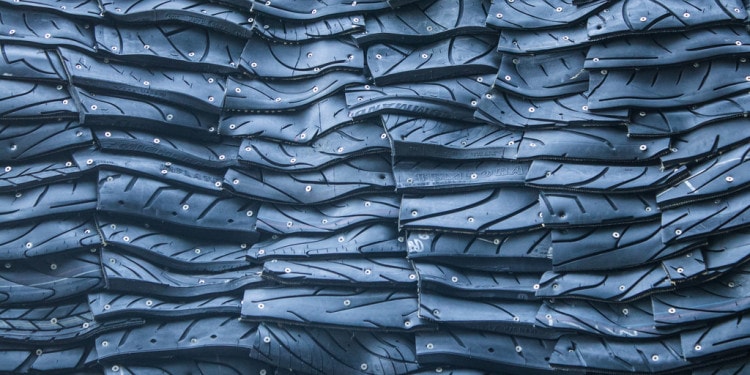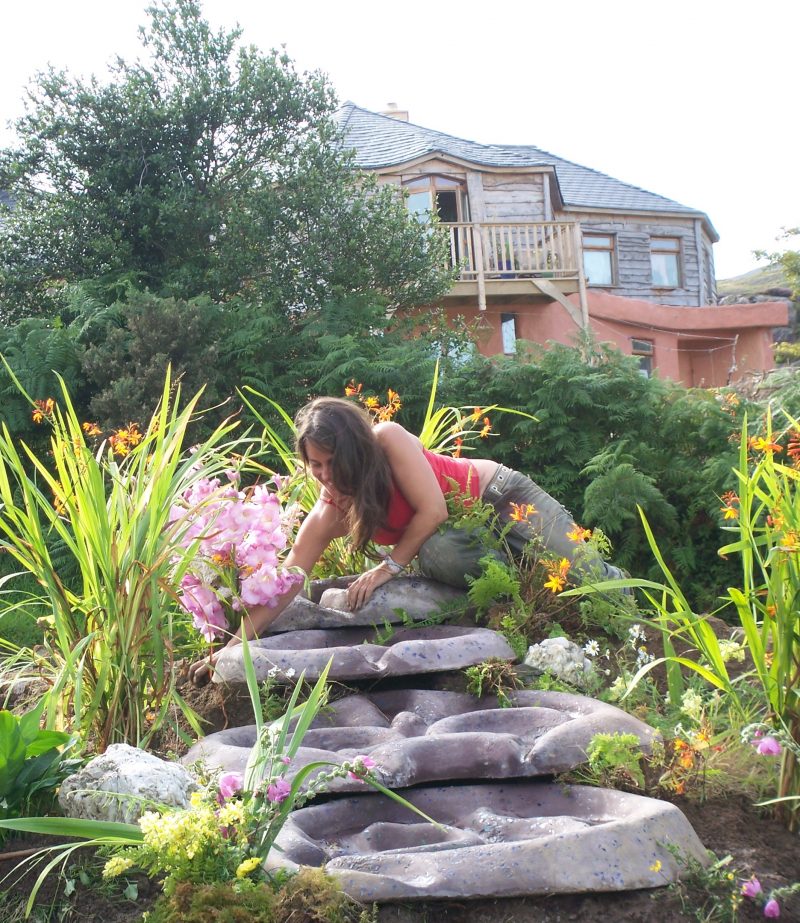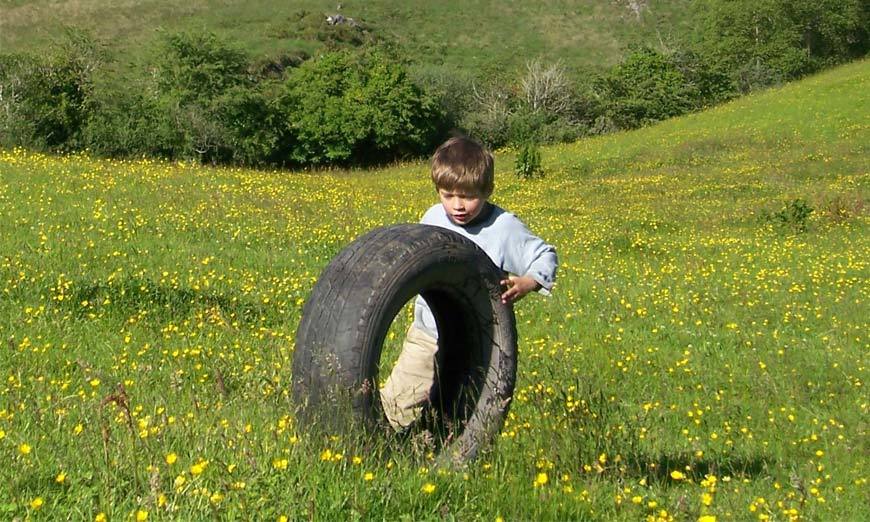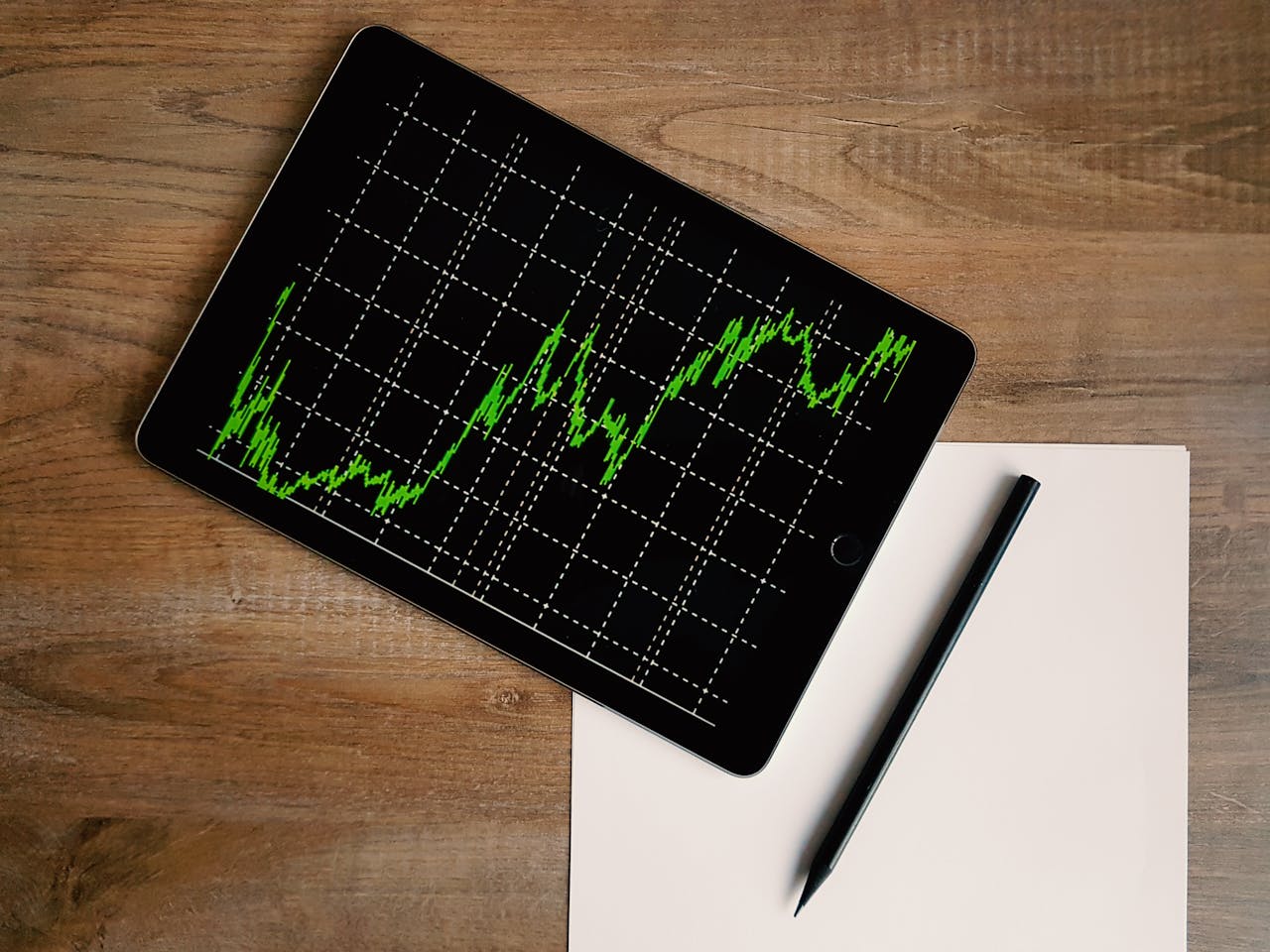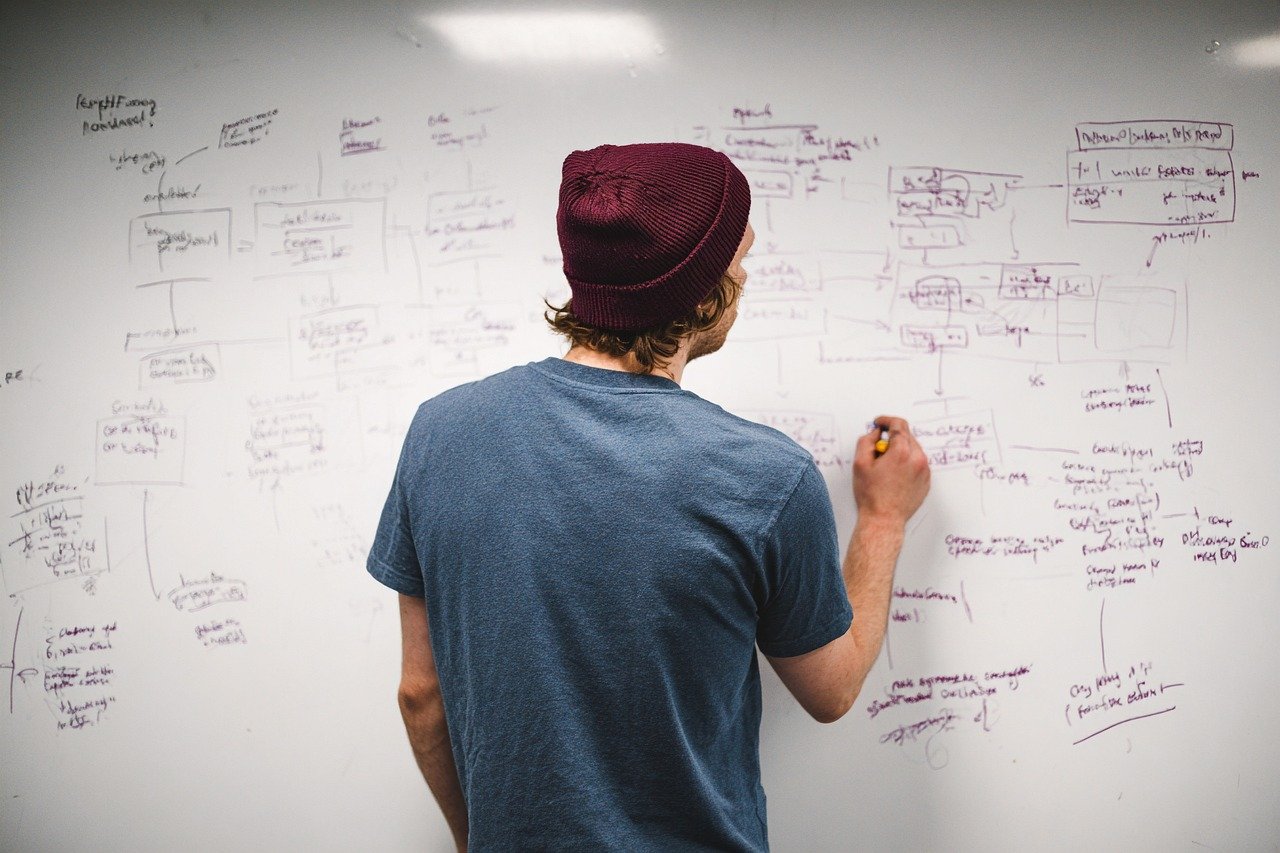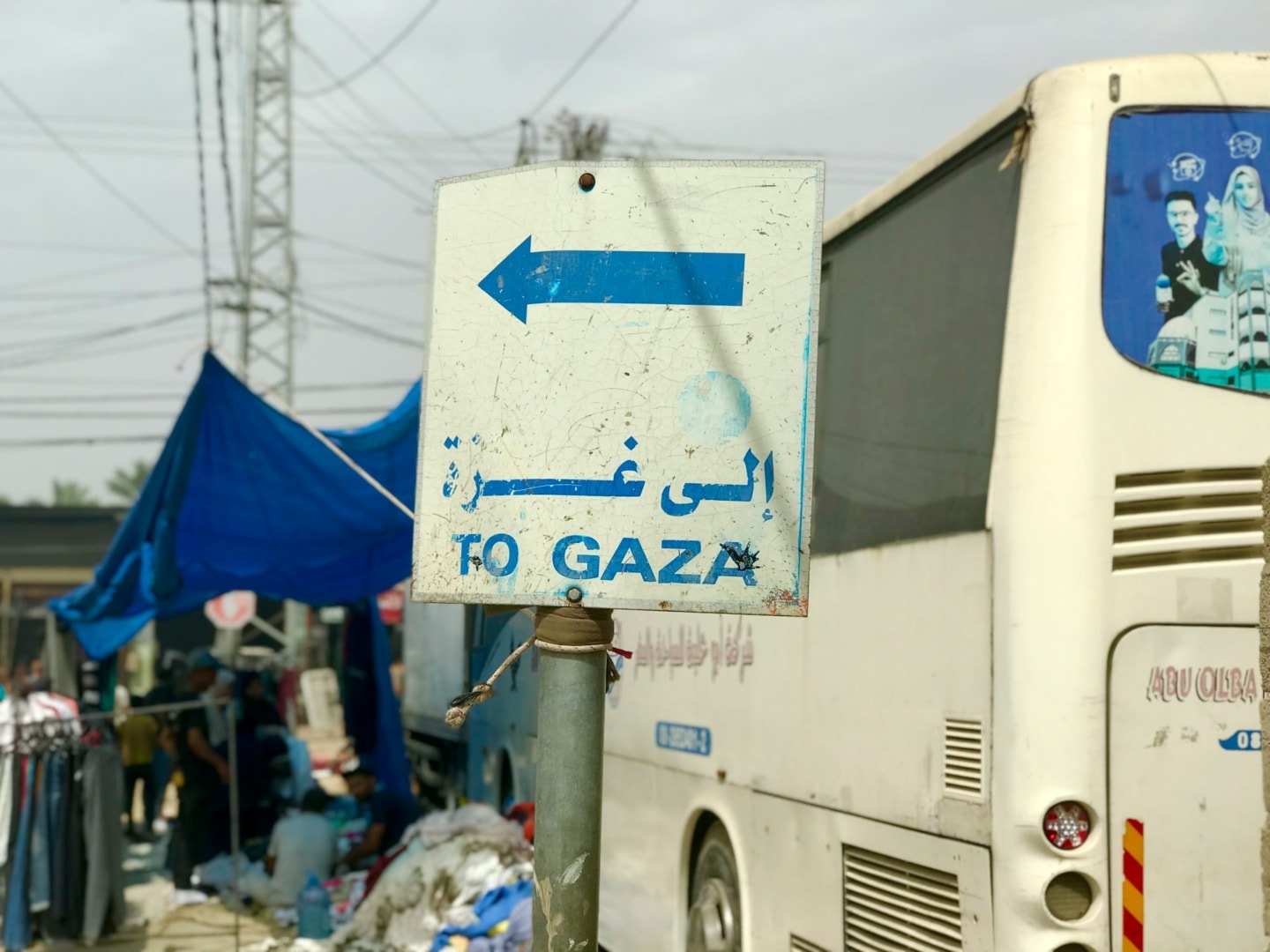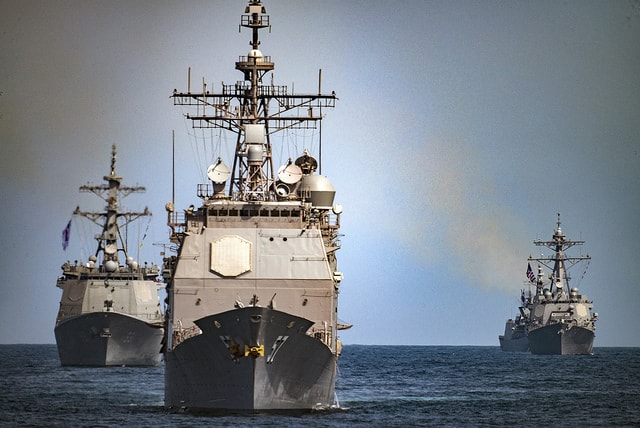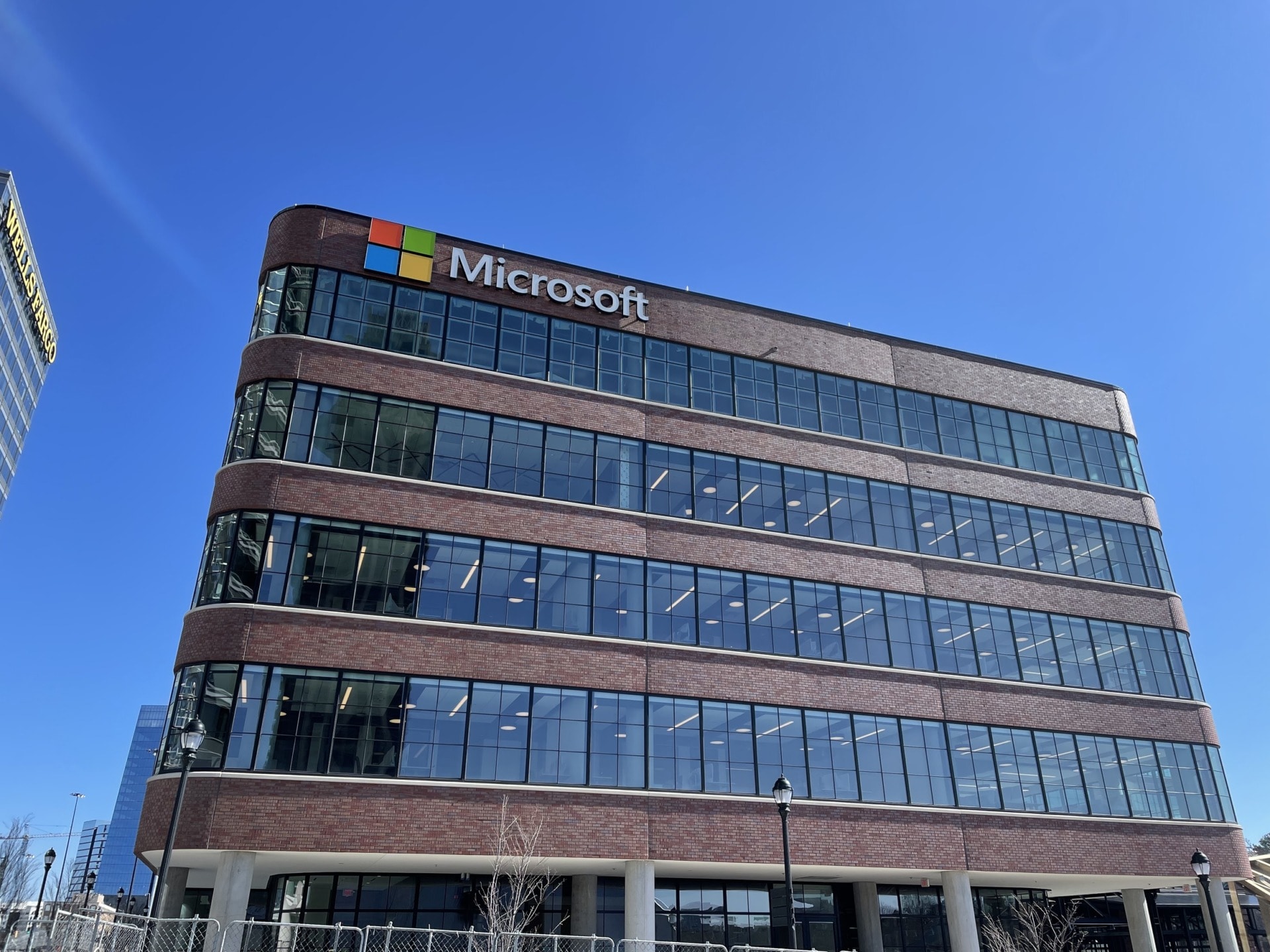Mishergas is a British startup founded in 2014 by Dan and Vicki Templar and is currently crowdfunding on Seedrs’ platform. Its aim is to provide “sustainable and profitable solutions to current environmental liabilities”. Dan and Vicki have significant expertise in sustainable projects and renewable energy, and have worked in several countries around the world. Through this experience, they have learned to see the potential in everything, including waste. The idea that “waste is only unrealised potential” is the fuel that is propelling Mishergas forward.
Waste is only unrealised potential
Their latest project seeks to turn used tires into energy by using innovative technologies and processes. Being able to remove from the environment something that could potentially cause so much harm is already a laudable endeavour in itself, but their ability to convert this waste into energy makes this project doubly admirable.
The key element of the Mishergas project is the ER1 machine which will be able to process up to 50,000 tonnes of wasted tires. Considering this amount is only 10% of the amount of waste generated by used tires in the UK yearly, there is significant potential and capacity for the ER1 machine in any large city. The ER1 machine will be able to produce 24,000 tonnes of oil every year, 17,000 tonnes of recycled black carbon, as well as steel. While only 5% of the oil produced is used to make the ER1 machine work, the rest can be resold (e.g. the black carbon), or it can be used in a generator connected to the national electric grid generating 8 MW of power every hour. Another advantage of this process is the heating generated by the machine itself which can be reused for other purposes, like heating both nearby facilities or industrial parks.
The ER1 machine is able to do so by “baking” tires at 400 degrees Celsius in a closed and oxygen-less environment. Mishergas is planning to open its first facility in Immingham in the north west of England and has already been granted permission for its development this kind of set up; the plant should be fully functional from October 2018.
Mishergas does not consider its plants as proper power plants, but as “battery banks” that can be used jointly with other renewable energy sources during the times of day when demand for energy is higher.
IN THE PHOTO: VICKI TEMPLAR PHOTO CREDIT: MISHERGAS
We had the opportunity to speak with both Vicki and Dan about their incredible work in the field of sustainable solutions:
After reading about all the features and abilities of the ER1 machine, I wonder why this idea has not yet broken through the market to date. Is it a technical challenge? – I.e. the machine is complicated to run – or is it simply an issue of breaking into a highly competitive market?
Vicki Templar: Bringing these things to the United Kingdom at the moment, that is the biggest challenge; the risk is all on us. Many financial institutions are happy to invest into something like this once it has been proven and they know there is no risk in it. Even though what we do has been proven in other countries, it is still hard to get them on board as it has not been tested in the United Kingdom. Once they have the proof, everyone will be eating our hand off; but at the moment, it will take some time. At the moment, we are not even supported by the Government or local councils. Hopefully they will once it all will be tested, but at the moment we are only funded by people.
Can you explain to us your plan in detail? Have you already reached agreements with tire suppliers and other companies to whom you are going to sell your recovered oil, black carbon and steel?
VT: That is what we are doing now, talking to companies that are interested in buying those end-products. The oil is biodiesel, so it is very attractive. At the moment, we are finding expressions of interest.
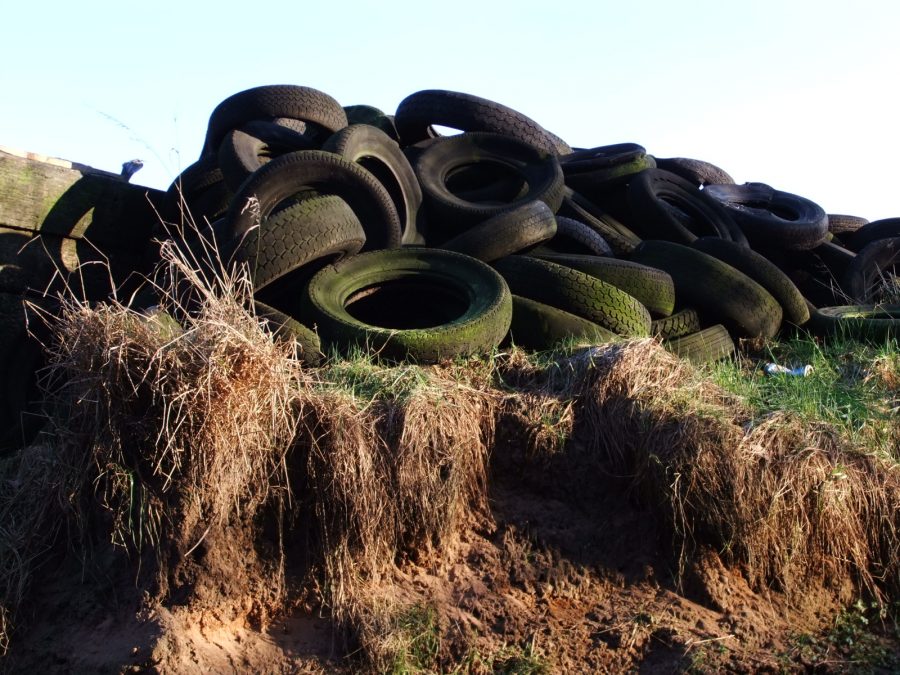
IN THE PHOTO: OLD TIRES PHOTO CREDIT: OATSY40 VIA FLICKR
Ideally what would be the best location to build your facility?
Dan Templar: Industrial parks are ideal. Where there are heavy industries, there is a lot of traffic, and a good network of utilisers as well. On top of that, you need to find areas where there is a population that has a lot of tires. You have to strategically place the plant in the right place.
VT: If we are in an industrial park, we produce a lot of heat and that could be used by other industries in that site as well.
Once you’re fully operating in the UK, are you planning to try to operate in developing countries as well?
VT: Yes, we are. We have been talking with people in developing countries about taking our process and using it there, or doing it in some different ways that would work best in their country.
DT: We’ve been doing some work in the Middle East and also in India, where those big countries are a bit lacking on the recycling front. If we get there early enough, we can get large portions of the market very quickly without any competition.
The way the machine works is that we can adapt the process to other feedstocks as well. Since we invented the technology, we can provide services to other companies that might need to use or explore the use of their materials in different ways.
Are you planning to be the ones running your machine or would you like to sell the product to other companies?
DT: We develop, innovate and sell on. With the tires, we are looking to put together the process and sell it. To operate this, you need a lot of staff and we do not want to operate that way. We are innovative. We like to move on from project to project.
VT: Finding the solution and technology to make it happen.
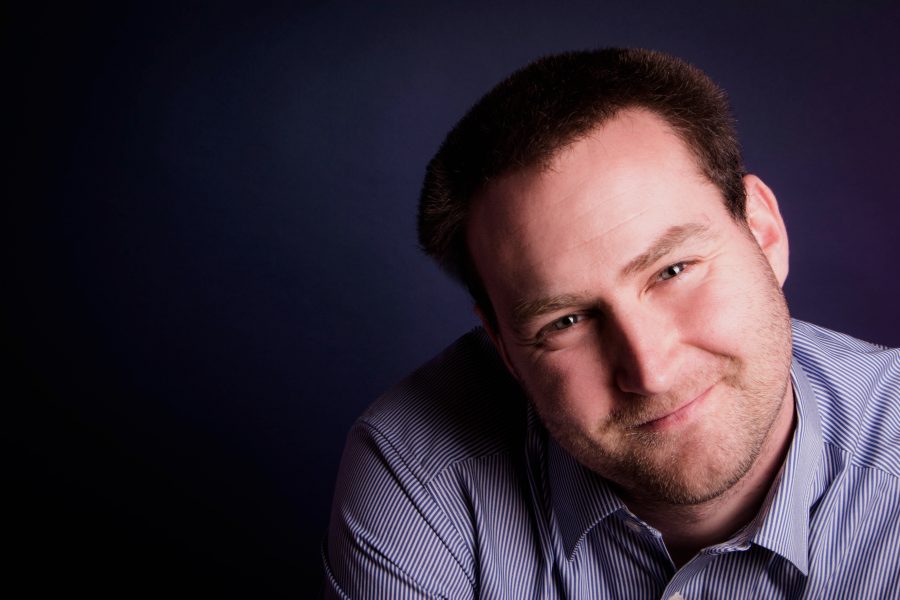
IN THE PHOTO: DAN TEMPLAR PHOTO CREDIT: MISHERGAS
Do you have in mind other plans related to waste?
DT: There are tires, but we have projects on oil spillages, sugar canes problems, and oil in sand and all that sort of things that have blown up from the Gulf War.
VT: We are doing the clean-up!
DT: We are basically the mother earth clean-up crew! If so many people make a mess, then somebody has to clean up. We are a very ethical company and we are trying to find new ways to do things industries will take up. One thing is having a great idea, and a very good ethic, but unless you can actually capitalise that good idea and turn it into revenue and profits, it will never get off the ground.
With our expertise and our experience, we use the best ideas and technologies that already have a proven track record and then use it in new processes we invent. We just recently put in a patent, few weeks ago, for a new process line of products; that’s how we work. We are innovators, pioneers in new technologies.
Are those new projects still part of Mishergas or they will be different companies?
DT: It will be under Mishergas. For those who have invested in Mishergas on the tyre pyrolysis stuff it will mean they had invested on the topco: a company that will reach out to everyone who needs the cleaning.
Could investing in waste be the future? At Mishergas they are turning this idea into a reality, and bringing a new meaning to the phrase “one man’s trash is another’s treasure”. And thanks to their innovation and forward-thinking, we will all ultimately reap the benefits of this treasure.


